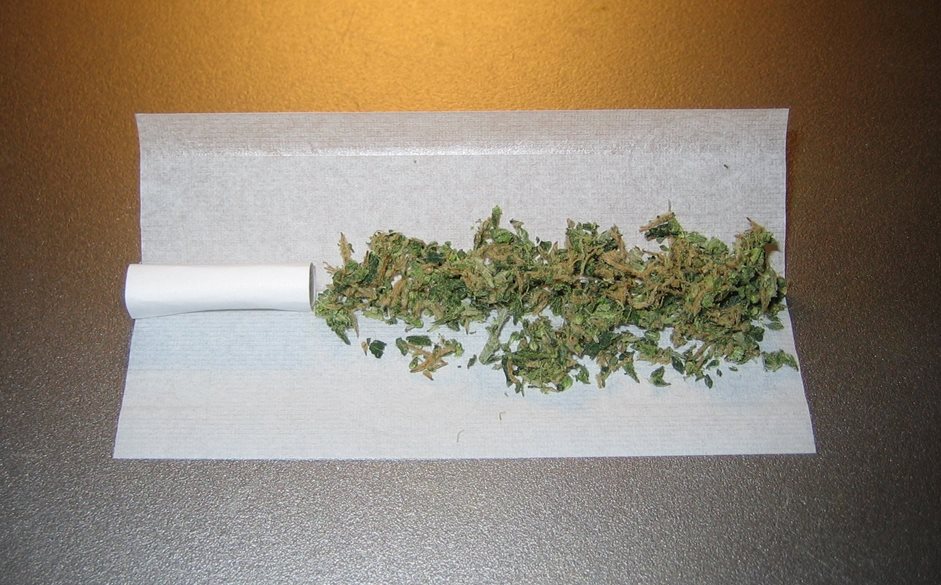Cannabis and stimulant disorders and readmission 2 years after first-episode psychosis


http://bjp.rcpsych.org/content/early/2014/02/19/bjp.bp.113.135145.abstract
+ Author Affiliations
- Correspondence: Dr Grant Sara, Director, InforMH, Macquarie Hospital, PO Box 169, North Ryde, NSW 1670, Australia.
- Email: Grant.Sara@health.nsw.gov.au”
-
Declaration of interest
None.
Abstract
Background
Few studies have examined the impact of stimulant use on outcome in early psychosis. Ceasing substance use may lead to positive outcomes in psychosis.
Aims
To examine whether baseline cannabis or stimulant disorders and ongoing drug use predict readmission within 2 years of a first psychosis admission.
Method
Predictors of readmission were examined with Cox regression in 7269 people aged 15-29 years with a first psychosis admission.
Results
Baseline cannabis and stimulant disorders did not predict readmission. A stimulant disorder diagnosis prior to index psychosis admission predicted readmission, but a prior cannabis disorder diagnosis did not. Ongoing problem drug use predicted readmission. The lowest rate of readmission occurred in people whose baseline drug problems were discontinued.
Conclusions
Prior admissions with stimulant disorder may be a negative prognostic sign in first-episode psychosis. Drug use diagnoses at baseline may be a good prognostic sign if they are identified and controlled.


